To provide the best experiences, we use technologies like cookies to store and/or access device information. Consenting to these technologies will allow us to process data such as browsing behaviour or unique IDs on this site. Not consenting or withdrawing consent, may adversely affect certain features and functions.
The technical storage or access is strictly necessary for the legitimate purpose of enabling the use of a specific service explicitly requested by the subscriber or user, or for the sole purpose of carrying out the transmission of a communication over an electronic communications network.
The technical storage or access is necessary for the legitimate purpose of storing preferences that are not requested by the subscriber or user.
The technical storage or access that is used exclusively for statistical purposes.
The technical storage or access that is used exclusively for anonymous statistical purposes. Without a subpoena, voluntary compliance on the part of your Internet Service Provider, or additional records from a third party, information stored or retrieved for this purpose alone cannot usually be used to identify you.
The technical storage or access is required to create user profiles to send advertising, or to track the user on a website or across several websites for similar marketing purposes.
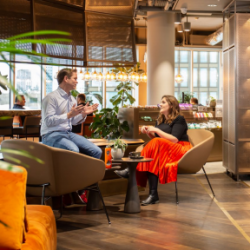 A third of flexible workspace providers reported that occupancy rates have remained relatively stable through the global lockdown, only falling by 10 percent. On average, operators reported demand for flex space at 52 percent of pre-Covid levels, but some suburban markets have seen significant growth and pricing in those areas has increased. (more…)
A third of flexible workspace providers reported that occupancy rates have remained relatively stable through the global lockdown, only falling by 10 percent. On average, operators reported demand for flex space at 52 percent of pre-Covid levels, but some suburban markets have seen significant growth and pricing in those areas has increased. (more…)




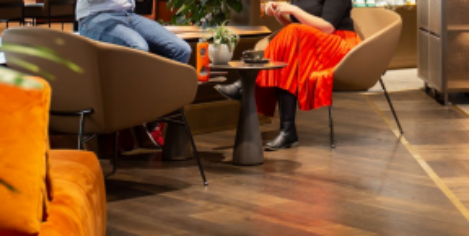

 New research conducted on behalf of
New research conducted on behalf of 
 Independent property, construction and infrastructure consultancy
Independent property, construction and infrastructure consultancy 
 New research from
New research from 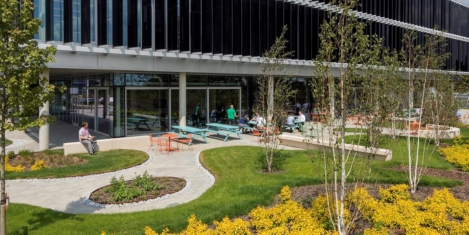
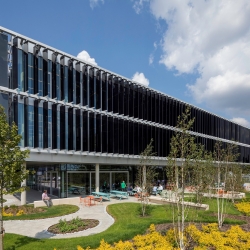

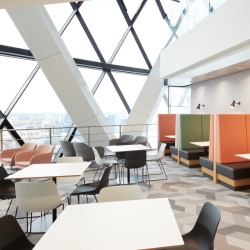



 A new report, released by workplace design consultancy,
A new report, released by workplace design consultancy, 
 At a time when working from home looks set to continue for many in both the short and long term, ‘hidden fractures’ are forming in the workforce which risk causing irreparable damage to cultures and productivity. That’s according to new research from
At a time when working from home looks set to continue for many in both the short and long term, ‘hidden fractures’ are forming in the workforce which risk causing irreparable damage to cultures and productivity. That’s according to new research from 
 With current government advice encouraging all those who can work from home to do so, it’s no surprise that Britain’s businesses and employees are navigating a new normal. New research from
With current government advice encouraging all those who can work from home to do so, it’s no surprise that Britain’s businesses and employees are navigating a new normal. New research from 









October 22, 2020
Everybody needs to be prepared for a new digital workplace
by Simon Hayward • Comment, Flexible working, Technology